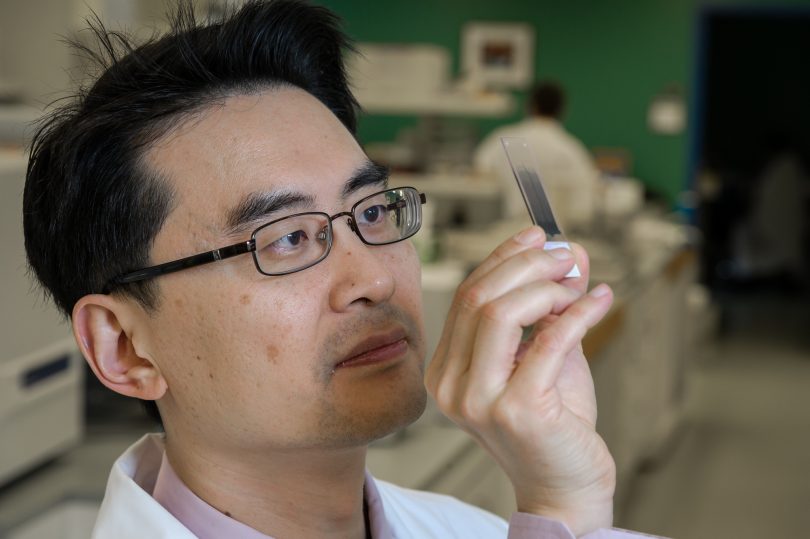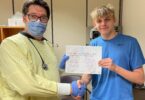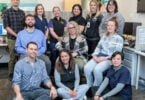November is COPD Awareness Month and Dr. Don Sin, a St. Paul’s Hospital respirologist and Director of the Centre for Heart Lung Innovation (HLI), is once again being recognized as one of the world’s top experts in Chronic Obstructive Pulmonary Disease (COPD).
The UBC Professor of Medicine is second on the list of world’s top experts, according to Expertscape.com. UBC placed second on the list of world’s top institutions for COPD.
COPD is an umbrella term used to describe progressive lung diseases characterized by shortness of breath, cough and sputum production. It is among the leading causes of morbidity and mortality in Canada.
Get to know more about Dr. Sin, who is also the interim Vice President of Research and Academic Affairs at Providence Health Care and interim President of the Providence Health Care Research Institute.
Describe your job in one sentence:
DS: I work towards finding new therapeutic solutions for patients with COPD, so they can live longer and better lives.
What’s your favourite thing about your work?
DS: Working with creative and innovative people towards a common goal.
How long have you worked at PHC?
DS: 14.5 years.

Why did you choose COPD as your specialty?
DS: When I started, COPD was not a well-recognized disease (even by the medical community), though the hospital was full of these patients. They were indeed a very marginalized and forgotten group of patients because the perception was that the “disease was their (patients’) fault”. There was very little research being done for this disease and the treatments were archaic (and many now proven to be ineffective or even harmful). I felt a calling to do my best to relieve the suffering of these forgotten patients and find new solutions for them.
During your career, what have been some of the most significant improvements/changes to patient care and outcomes?
DS: Treatments have improved significantly. We have stopped giving toxic drugs that don’t work and were in some cases harming patients (e.g. theophyllines and steroids). Now, we have very good therapies – inhalers and non-inhalers – and our COPD patients are living into their 80s and 90s. Another example of success of treatment is the fact that COPD is no longer the leading cause of lung transplantation. In fact, very few patients require transplants because the treatments have improved so much.
What research projects are you working on now?
DS: We want to cure COPD. We are using genetics to find out why some individuals develop COPD and why some don’t and work with drug companies to find new therapies that can halt the progression of disease.
What are you hoping to accomplish or discover by the time you retire?
DS: I hope that we will find a drug that can not only treat COPD but reverse it.
What do you do in your free time when you aren’t busy being the world’s number two COPD expert?
DS: I enjoy reading, praying and meditating. It clears the mind and restores the soul.
If you weren’t a COPD expert, respirologist and researcher, what would you be instead?
DS: Probably a high school teacher.





